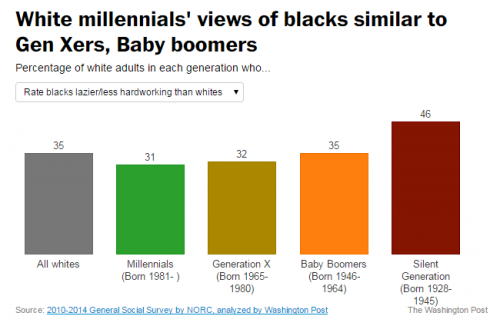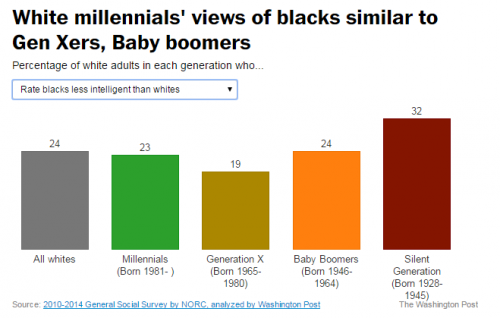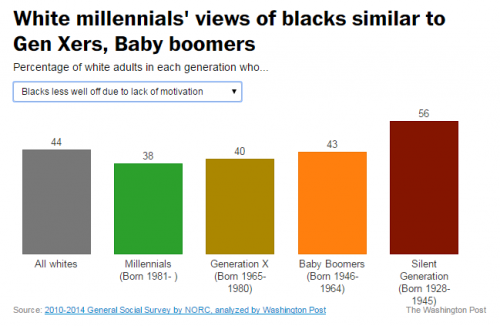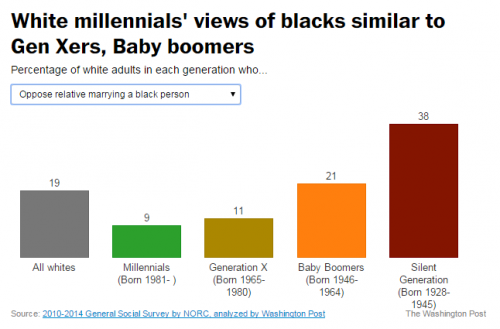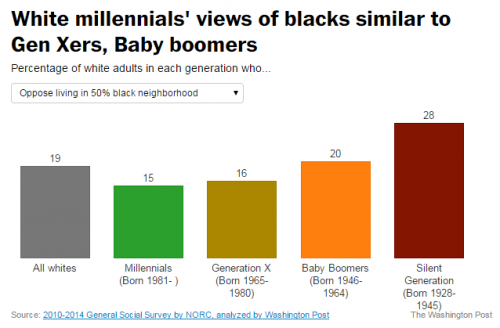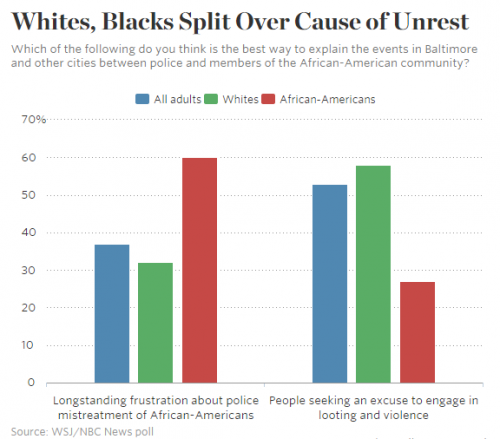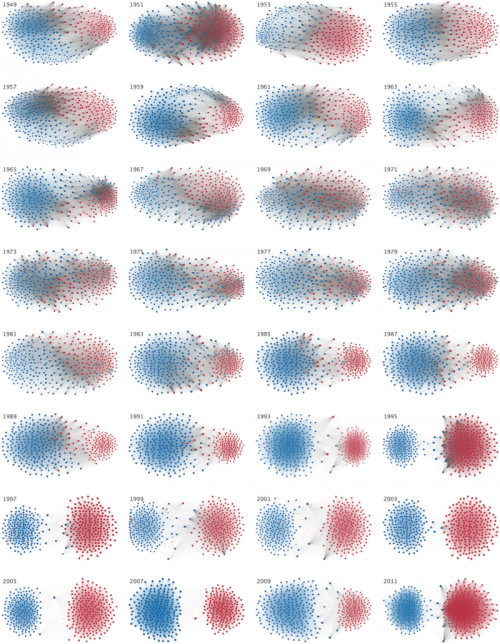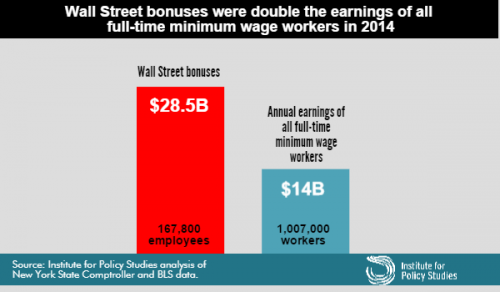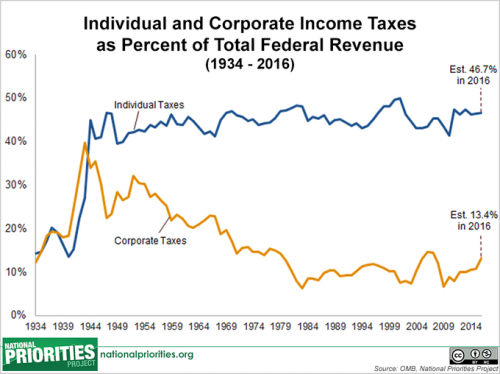The governors of Virginia and South Carolina have now taken stands against the Confederate battle flag. So have honchos at Wal*Mart, Sears, Target, and NASCAR.
NASCAR! How could this cascade of reversals have happened so rapidly? Did these important people wake up one morning this week and say to themselves, “Gee, I never realized that there was anything racist about the Confederacy, and never realized that there was anything wrong with racism, till that kid killed nine Black people in a church”?
My guess is that what’s going on is not a sudden enlightenment or even much of a change in views about the flag. To me it looks more like the process of “pluralistic ignorance.” What these people changed was not their ideas about the Confederacy or racism but their ideas about other people’s ideas about these matters. With pluralistic ignorance (a term coined by Floyd Allport nearly a century ago) everyone wants X but thinks that nobody else does. Then some outside factor makes it possible for people to choose X, and everyone does. Everyone is surprised – “Gee, I thought all you guys wanted Y, not X .” It looks like a rapid change in opinion, but it’s not.
A few years ago in places like Ireland and Europe, people were surprised at the success of new laws banning smoking in pubs and restaurants. “Oh, the smokers will never stand for it.” But it turned out that the smokers, too, were quite happy to have rooms with breathable air. It’s just that before the laws were passed, nobody knew that’s how other people felt because those people kept smoking.
The same thing happened when New York City passed a pooper-scooper law. “The law is unenforceable,” people said. “Cops will never see the actual violation, only its aftermath. And do you really think that those selfish New Yorkers will sacrifice their own convenience for some vague public good?” But the law was remarkably effective. As I said in this post from 2009:
Even before the new law, dog owners had probably thought that cleaning up after their dogs was the right thing to do, but since everyone else was leaving the stuff on the sidewalk, nobody wanted to be the only schmuck in New York to be picking up dog shit. In the same way that the no-smoking laws worked because smokers wanted to quit, the dog law in New York worked because dog owners really did agree that they should be cleaning up after their dogs. But prior to the law, none of them would speak or act on that idea.
In South Carolina and Georgia and Bentonville, Arkansas and elsehwere, the governors and the CEOs surely knew that the Confederacy was based on racist slavery; they just rarely thought about it. And if the matter did come up, as with the recent Supreme Court decision about license plates, they probably assumed that most of their constituents and customers were happy with the flag and that the anti-flaggers were a cranky minority.
With the support for letting that flag fade into history, it looks as though for a while now many Southerners may have been uncomfortable with the blatant racism of the Confederacy and the post-Reconstruction era. But because nobody voiced that discomfort, everyone thought that other Southerners still clung to the old mentality. The murders in the Charleston church and the subsequent discussions about retiring the flag may have allowed Southerners to discover that their neighbors shared their misgivings about the old racism. And it allowed the retail giants to see that they weren’t going to lose a lot of money by not stocking the flag.
Cross-posted at Montclair SocioBlog.
Jay Livingston is the chair of the Sociology Department at Montclair State University. You can follow him at Montclair SocioBlog or on Twitter.

